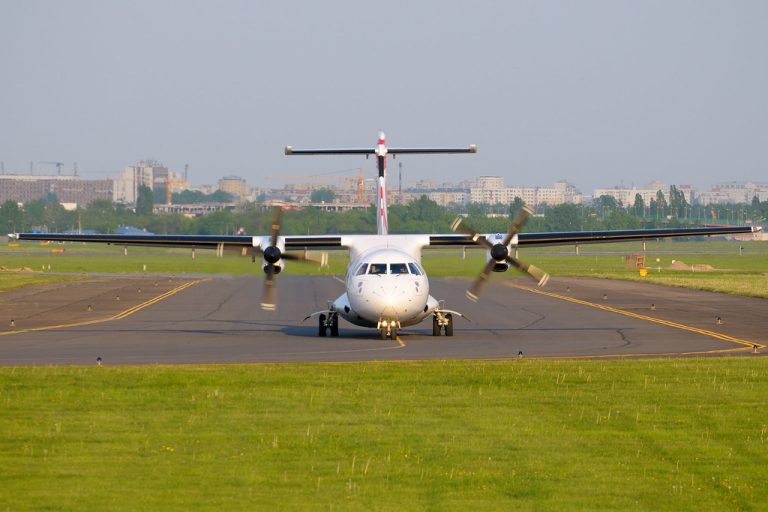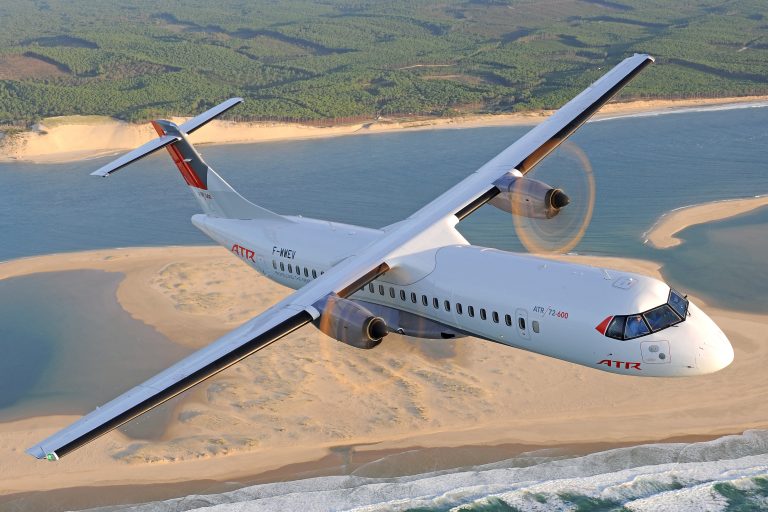A shift has taken shape at Avation where careful repositioning has woven together management discipline, targeted asset rotation and a fresh focus on regional turboprops, signalling a departure from convention that demands a closer look.
When a lessor moves beyond the usual playbook, it invites scrutiny. Avation’s latest delivery of an ATR 72-600 to CLIC Bolivia is more than the handover of an airframe: it embodies a strategic pivot that marries fleet modernisation with emerging-market opportunity. Underpinning this evolution is a leadership team reshaping risk parameters, financing structures and customer relationships to accommodate a changing landscape of airline needs.
In recent years, the aviation leasing universe has seen its share of homogeneity—standard narrowbodies, long-haul twins and sprawling orderbooks that mimic one another. Avation, by contrast, has leaned into the ATR turboprop segment at a moment when regional carriers across Asia, Africa and Latin America are recalibrating their networks towards cost efficiency and short-haul connectivity. Turboprops offer operating economics that narrowbodies cannot match on flights under 300 nautical miles, and Avation’s willingness to step into this niche reveals a contrarian instinct underpinned by meticulous market research.
The delivery to CLIC Bolivia underscores that instinct. Bolivia’s challenging geography and patchwork of provincial routes demand aircraft capable of frequent take-offs and landings at high-altitude airfields. By placing a modern ATR 72-600 into the hands of an operator building domestic and regional networks, Avation signals its readiness to tailor leases around technical and operational requirements rather than slot into a one-size-fits-all mould. That bespoke approach extends beyond aircraft selection: financing structures have been adapted to reflect the depreciation profile of turboprops, and maintenance reserves have been calibrated to local repair environments.
Investor relevance emerges in the discipline driving these transactions. Avation has trimmed back higher-risk credits from its portfolio, reallocating capital towards airlines with clear route economics and sustainable demand patterns. Rather than chasing headline growth through aggressive expansion, the company has tapped into under-served markets where turboprops command premium yields relative to narrowbodies on short sectors. This reallocation reflects a nuanced understanding of how runway performance, airport infrastructure and passenger preferences intersect, insights often overlooked in broader leasing strategies.
Balance-sheet health remains front and centre. With interest-rate volatility still a feature of the financial backdrop, Avation has actively managed loan-to-value metrics and staggered debt maturities to avoid refinancing cliffs. At the same time, it has negotiated dealer support for new ATR deliveries to mitigate pre-delivery funding requirements and preserve cash flow for opportunistic acquisitions. The result is a fleet whose average age is inching lower even as financing leverage stays within conservative bounds.
Geographically, the company’s footprint is expanding in line with the turboprop thesis. While Europe and North America continue to dominate global leasing volumes, Avation has doubled down on markets where regional aviation is set to outpace aggregate traffic growth. In Asia and Latin America, government-led infrastructure upgrades and liberalisation of domestic air services have lifted passenger numbers, and regional carriers are eager to modernise fleets. Avation’s strategy aligns directly with these longer-term trends, positioning the lessor to capture early-mover advantages where competitors have been slower to adapt.
Perhaps the most telling indicator of the transformation lies in the tenor of tenant relationships. Far from being simple contractual counterparts, airline clients now find in Avation a partner willing to collaborate on network planning, maintenance support and even crew training for specialised operations. This consultative stance earns higher retention rates and reduces downtime risk, feeding through to more predictable lease yields over multi-year contracts.
Avation PLC (LON:AVAP) is a commercial passenger aircraft leasing company owning a fleet of aircraft which it leases to airlines across the world. Avation’s future focus are new technology low CO2 emission aircraft.








































